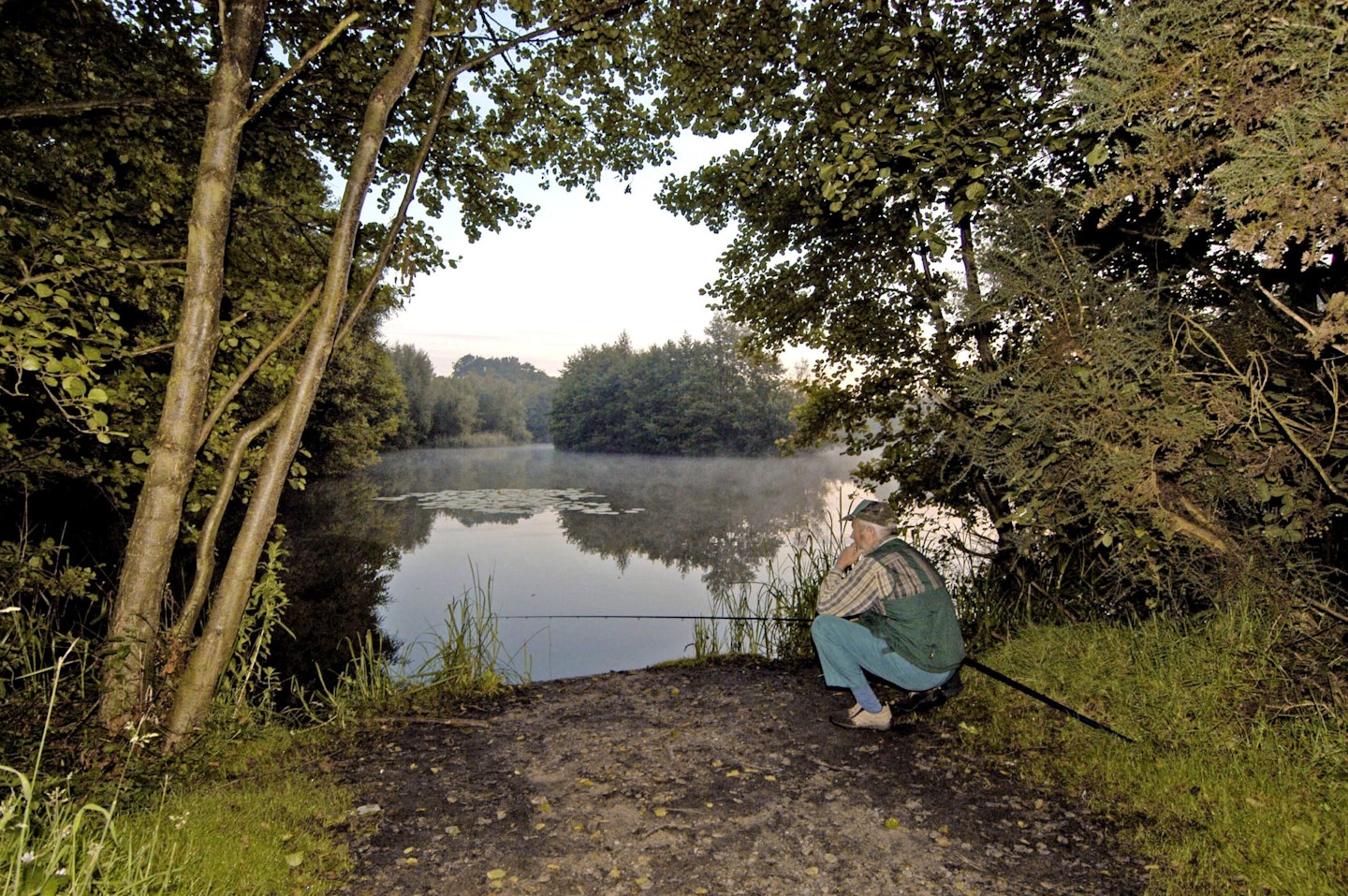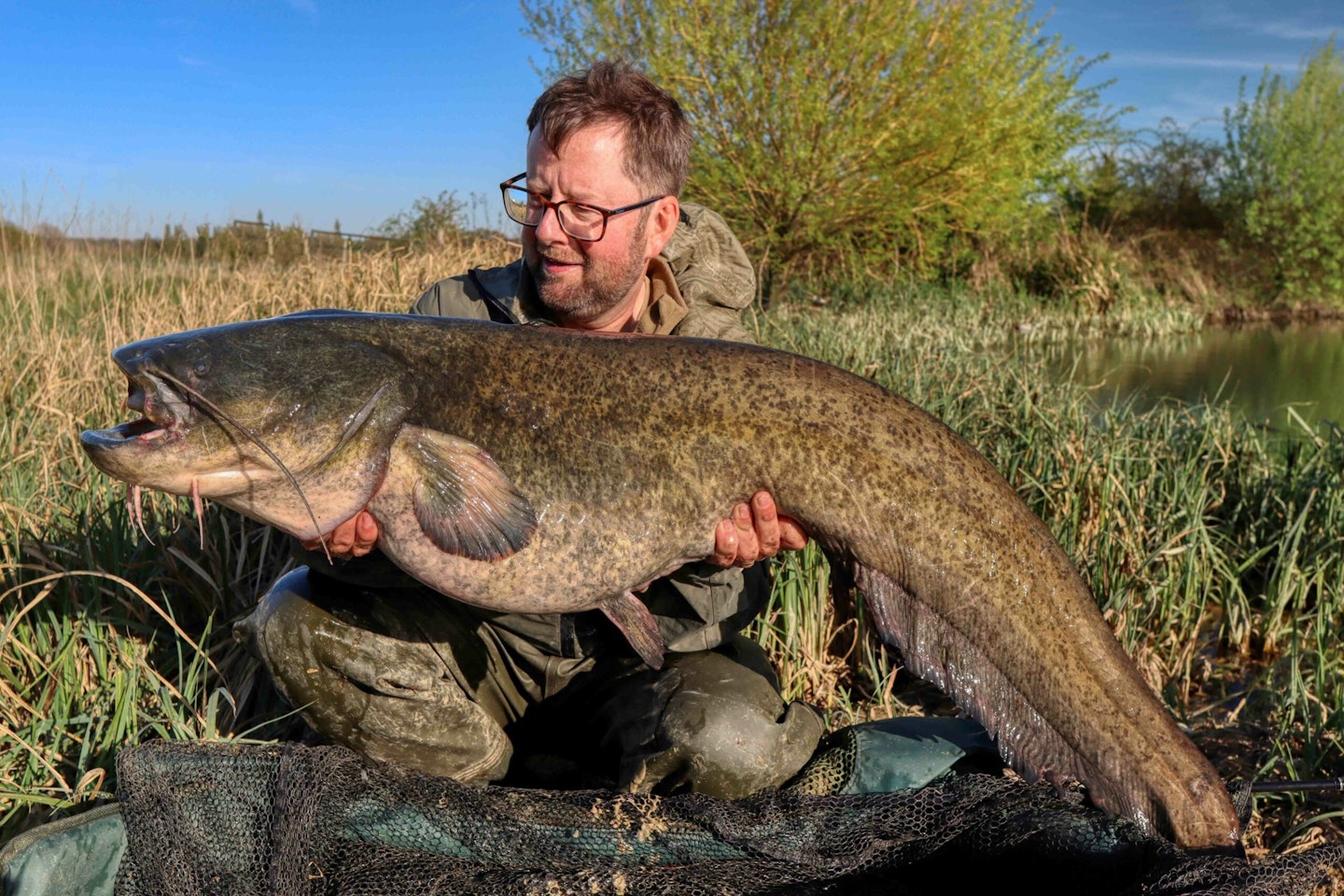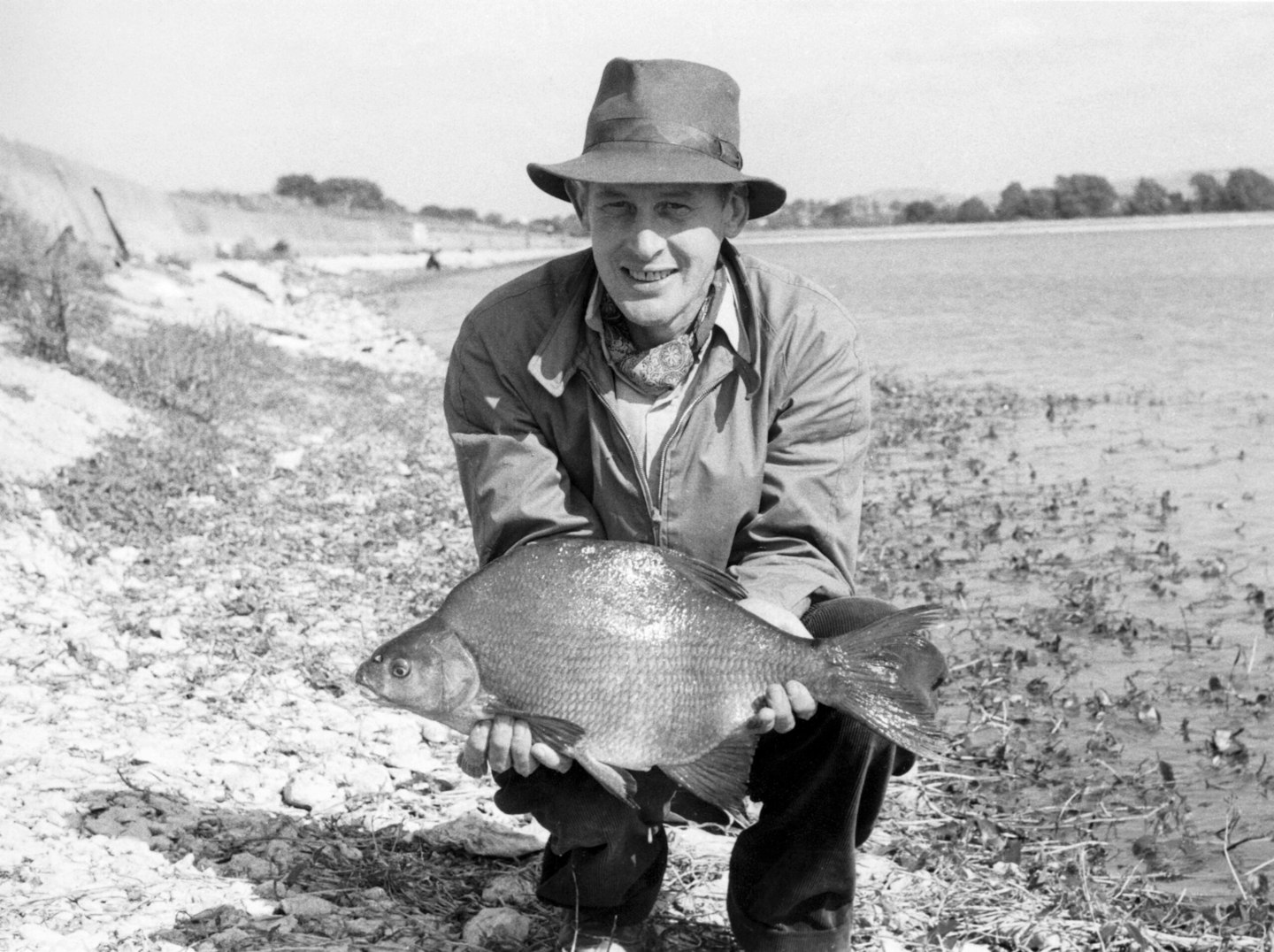IN OUR age of endless digital information and an ever-growing array of specialist tackle, fishing has never been more varied.
Faced with so much choice, you might assume the majority of anglers would enjoy a wide diet of everything from specimen hunting to lure fishing. So why is the direct opposite so often the case? Why do so many of us obsess over just one angling style?
Expertise or tunnel vision?
Alongside today’s dizzying array of specialised tackle, digital technology is a massive factor in our choices. While angling books of past eras tended to cover many bases, today’s scene allows a laser-sharp focus on any niche going.
Whether it’s ultra-light lures or split cane rods, today’s angler can disappear down any rabbit hole they choose. But is this healthy? For one thing, it tends to make angling a more tribal place, with single-interest groups which don’t talk much.
From folks who consider anything but huge carp a nuisance, to those who only count fish caught on a fly, fishing can become highly factionalised, which isn’t great for unity of purpose or angler power.
Interestingly, this mirrors the same digital pattern seen in wider politics and social groupings. Far from digital connectivity making us more open-minded, we tend to find our own “crowd” and embrace it fervently. But is that such a bad thing?

The joy of variety
In some aspects, the vast growth of tackle and information on separate angling branches is a good thing. After all, carp angling is no longer for an eccentric minority, and fly fishing isn’t purely for the well-heeled any more. However, you could also argue strongly that we’re missing the bigger picture.
Specialisation, by its very nature, can mean taking a narrower view. Paradoxically, it can also be the enemy of mastery or continual learning, since so many useful ideas and discoveries arrive from mixing methods and crossing boundaries.
It’s a sentiment echoed by our own Des Taylor, a lifelong Jack-of-all-trades.
“If you want maximum pleasure from your fishing and to keep learning for a lifetime, there’s only one thing to be – and that’s an all-rounder!” he told us.
“It can be hard at times to organise everything, because you can be fishing for perch one day and pollack the next, but I can promise you’ll never be bored!
“It also means coming out of your comfort zone,” he continued. “Perhaps people are too afraid to fail these days? I think a lot of folks find a regular venue and a method that works, then stick to it. Which is fine, until they won’t do much else and get bored!
“These days we’re lucky, though. Tackle is better, travel is easier and the whole reason I still love fishing after reaching 70 is that I’ll go for anything that swims!”

METHODS IN OUR MADNESS?
Some methods create not only specialist gear, but also their own tribe of devotees. But which group is the most obsessive of the lot?
Feeder fishing
Modern swimfeeder fishing is almost unrecognisable from that of the 1970s and 1980s, when many a pleasure angler professed to hate it! Today’s countless refinements, and events such as Feeder Masters and international feeder-only matches, have seen plenty of anglers’ float collections gathering dust.
Lure fishing
Chucking out a Mepps for salmon or perch was about as sophisticated as it got for our grandfathers. Today, however, specialist lure fishing is bigger than ever. Whether it’s drop shotting for perch or LRF tactics in saltwater, an increasing number of anglers fish only artificials.
Big carp fishing
Powerful, handsome and wily, big carp go hand in hand with platforms like Instagram and a vast modern tackle and bait industry. All well and good, perhaps, until anglers treat roach or tench as a mere nuisance and even create single-species fisheries.

THEN & NOW: ALL-ROUNDERS Vs SPECIALIST INFLUENCERS
From the earliest angling literature, Brits had versatile tastes. Izaak Walton could be considered the first true
all-rounder, embracing everything from trout on the fly to chub fishing.
Generations that followed retained quite broad tastes. Greats like “B.B” and HT Sheringham waxed lyrical about tench and sea trout alike.
Post WW2, Dick Walker was perhaps the most innovative true all-rounder, and among his contemporaries Fred J Taylor and Fred Buller were equally happy spinning for salmon or experimenting with sea baits for pike.
Fast-forward to the TV era and we find further well-rounded anglers. John Wilson taught a generation the joy of angling in all its forms, while Matt Hayes’ career has spanned everything from big game fishing to specimen carp. As for today’s crop, our own Des Taylor and Martin Bowler seem the exception rather than the rule, in an era when companies seek ultra-focused specialists. Indeed, it’s strange to think that over 400 years after Walton, relatively few seek to become the Compleat Angler he described.

